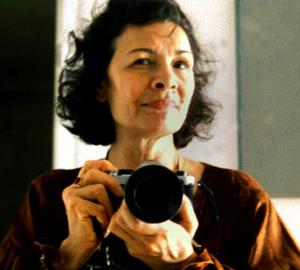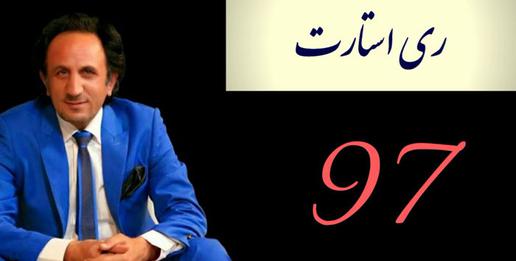A former Iranian intelligence minister who was in office when the Iranian-Canadian photographer Zahra Kazemi died in custody has revealed new details about her death. According to Ali Younesi, who is currently an advisor to President Hassan Rouhani, officials at the ministry’s counter-espionage department had concluded that Kazemi, who was arrested in July 2003 and died in jail less than three weeks later, was not a spy. But Saeed Mortazavi, who was at the time Tehran’s prosecutor, insisted on trying Kazemi for espionage. In Iran, prosecutors are appointed by the judiciary, which has been a bastion of the conservative factions for years. It often clashed with Mohammad Khatami during his presidency (1997-2005).
“Mortazavi insisted on Zahra Kazemi being a spy,” Younesi, who was intelligence minister from 2000 to 2005, told the Iran newspaper on February 25. “We appointed two experts from the Intelligence Ministry’s counter-espionage department to interview her in a hotel. After the interview, they declared that, based on technical and scientific criteria, she wasn’t a spy. But Mortazavi insisted on his position and took her case from the Intelligence Ministry to the police’s intelligence department.”
Younesi went on to give an account of Kazemi’s death, which contradicts some previous accounts, including one signed by Younesi himself.
“Apparently, Kazemi was beaten up, not under interrogation, but when she resisted giving her belongings to officers when she was being taken to detention,” Younesi said. “Her head hit the curb, which led to a brain hemorrhage. If she had been sent to hospital on time, she would have surely been saved.”
This account contradicts the report issued by an inquiry committee set up by Khatami, which included Younesi as a signatory. That report had said that Kazemi died due to blows on her skull in day three or four of her arrest.
Mohammad Seyfzadeh, one of Kazemi’s lawyers, said Younesi’s remarks were “part of the truth” and could lead to his client’s case being re-opened.
Mortazavi first came to fame in 2000 when, following a speech by the Supreme Leader Ayatollah Khamenei, he led a crackdown on journalists and closed down dozens of newspapers and media outlets. His controversial career ended in disgrace after at least five people died at the Kahrizak detention center, which he was responsible for running. The center, where arrested demonstrators were taken in the aftermath of the 2009 election, became a notorious den of torture and was closed down on the orders of Khamenei, who called it a scene of “crime.” Following this, Mortazavi was suspended from the judiciary. But former president Mahmoud Ahmadinejad subsequently appointed Mortazavi to top positions in his government, where his alleged involvement in massive corruption continues to be investigated.
Years later, in November 2017, the Iranian courts finally found Mortazavi guilty of being an accomplice in murder and sentenced him to two years in prison. He is yet to start his sentence and he faces further trials on corruption charges.
Since Kazemi’s brutal death in 2003, many other Iranians have died while in custody, the most recent of whom was Kavous Seyed-Emami, a respected Iranian-Canadian scholar and environmentalist who died on February 8, a few days after his arrest and detention in the same notorious Evin Prison where Kazemi died. Authorities claim he committed suicide.
Younesi asserted that Rouhani’s Intelligence Ministry had no role in arresting Seyed-Emami and other environmentalists, and said he thought the case should be given to the ministry (currently the case is being overseen by the Islamic Revolutionary Guards Corps, the regime’s feared praetorian guard.)
The new revelations about Kazemi’s death have led to wide-ranging comments on social media.
Mostafa Tazjadeh, a deputy interior minister under Khatami who spent seven years in prison after the events of 2009, repeated Younesi’s call for the espionage cases to be handled by the Intelligence Ministry and not other organs of power. He linked Kazemi’s death to that of Seyed-Emami and tweeted: “If Saeed Mortazavi had been tried for Dr Zahra Kazemi’s murder at the time, we wouldn’t have seen the suspicious death of Dr Seyed-Emami.”
Others on Twitter supported this claim: “If the reformist government of 2003 had spoken out then, Mortazavi would have been sacked as prosecutor and we wouldn’t have seen his later crimes,” one person tweeted in Persian.
visit the accountability section
In this section of Iran Wire, you can contact the officials and launch your campaign for various problems

























comments